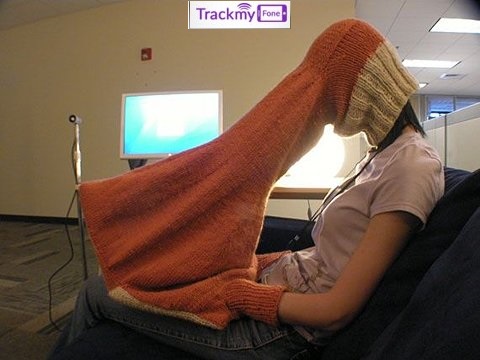It’s not secret, kids are not as concerned about online privacy as their parents are. For them, the more friends/followers/subscribers they have, the better. Since that in turn means more likes on their selfies, more reblogs of their post, more retweets of their tweet. But in doing so, they put themselves at great risk. They leave all information about themselves,—personal data, home address, pictures, names of school, their whereabouts when they “check-in”, their likes and dislikes—out in the open. This lack of privacy makes it easy for anyone to track them down, friends and predators alike.
That’s why you’re going to have to sit down and have the talk with them. Discuss with them the risk they put themselves in when they don’t take online privacy seriously. Suggest ways they can tweak their privacy settings so that they can use the internet in a safe and responsible way.
Here is a useful infographic from Online Marketing Degree that tells you everything you need to know about online privacy:
Here’s what to take away from the chart:
- Make sure your kids don’t give too much personal information away when filling online forms
- Shop only from trusted online stores/platforms
- Change passwords frequently
- Don’t trust emails from unknown sources
- Never give away credit card information
- Make sure their social media settings are adjusted so pictures, and other data is not visible to everyone
It isn’t enough to simply use a parental control app to look after your kids—you’ve got to start conversations and educate them as well.


Comments are closed.